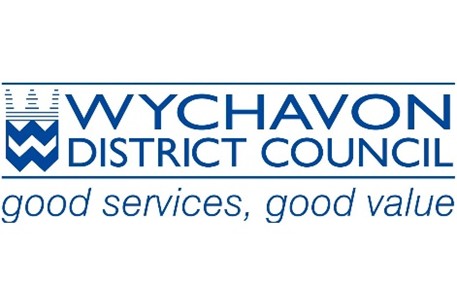Harvesting Rainwater for Irrigation: A Guide for UK Farmers
As the world becomes more conscious about water scarcity and the importance of sustainable farming practices, harvesting rainwater has become an increasingly popular solution for farmers looking to save on water costs and reduce their environmental impact. In this guide, we’ll explore how UK farmers can harvest rainwater for irrigation, and the benefits that come with it.
Why Harvest Rainwater for Irrigation?
The UK is known for its rainy climate, with an average annual rainfall of around 885mm. Harvesting this rainwater for irrigation can help farmers save on water costs, reduce their reliance on mains water, and provide a more sustainable source of water for their crops. Using rainwater for irrigation can help reduce the amount of water runoff, which can carry pollutants and chemicals into waterways and cause soil erosion.
How to Harvest Rainwater
Rain Barrels or Water Butts
Rain barrels or water butts are perhaps the most basic and affordable way to harvest rainwater. They are typically made of plastic or metal, and can be connected to a downspout from a roof or gutter. The collected rainwater can then be used for irrigation, or even for livestock watering. Rain barrels have limited capacity, so they may not be suitable for larger farms or for areas with low rainfall.
Rainwater Harvesting Systems
For larger farms or for areas with higher rainfall, a rainwater harvesting system may be a more suitable option. These systems can collect rainwater from large roof surfaces, such as barns or warehouses, and store them in large tanks or cisterns. The collected rainwater can then be pumped to a central irrigation system or used for livestock watering. These systems can be costly to install, but they can provide a more consistent and reliable source of water.
Benefits of Rainwater Harvesting for Irrigation
Cost savings
Using rainwater for irrigation can significantly reduce water bills, especially for larger farms that require a lot of water.
Sustainability
Harvesting rainwater is a more sustainable way of using water, as it reduces the reliance on mains water and can help reduce the amount of water runoff.
Crop health
Rainwater is naturally soft and free of chemicals, which can be beneficial for crops that are sensitive to hard water.
Better crop quality
Using rainwater for irrigation can lead to better crop quality, as it contains natural nutrients that are essential for plant growth.
Reduced soil erosion
Using rainwater for irrigation can help reduce soil erosion, as it allows water to penetrate the soil more slowly and evenly.
Harvesting rainwater for irrigation is an effective way for UK farmers to reduce their water costs, become more sustainable, and improve the quality of their crops. Whether it’s through rain barrels or a more elaborate rainwater harvesting system, there are many options available to help farmers make the most of the UK’s abundant rainfall.
Want to learn more?



